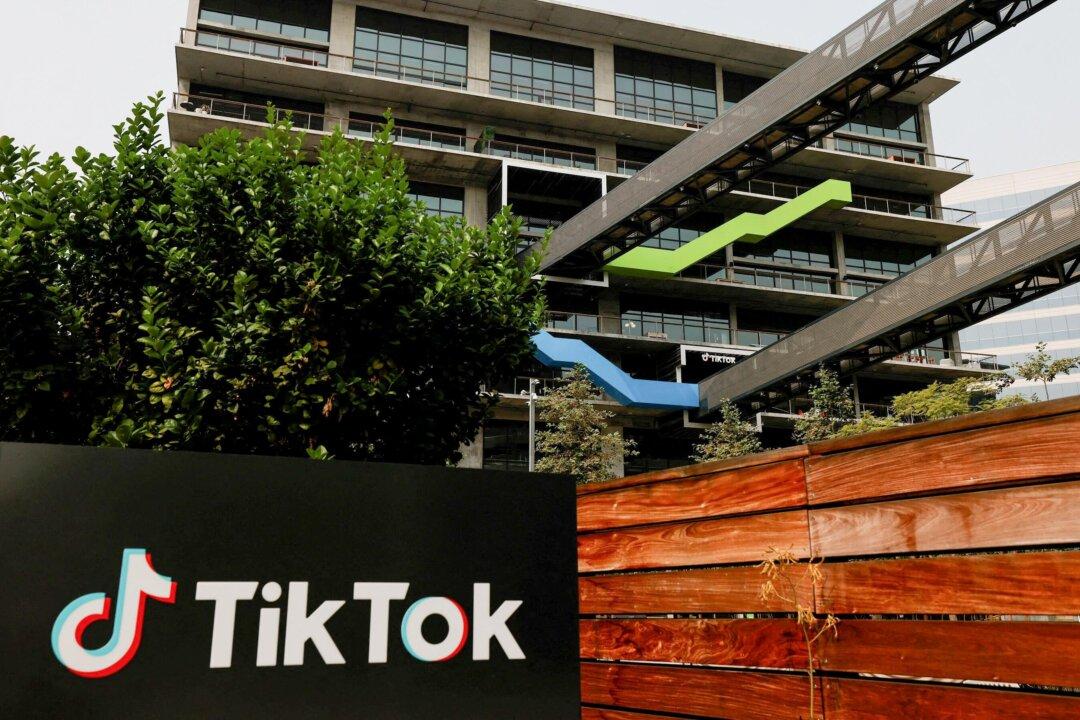Right-leaning news channel Sky News Australia has announced that it would discontinue publishing to the popular Chinese app TikTok in an effort to protect its reporters and audiences from security risks.
Sky called TikTok a “spy network masquerading as a social media platform,” saying the risks of being on TikTok are “far too great for any serious news publisher to ignore” while the gains are “negligible at best.”




